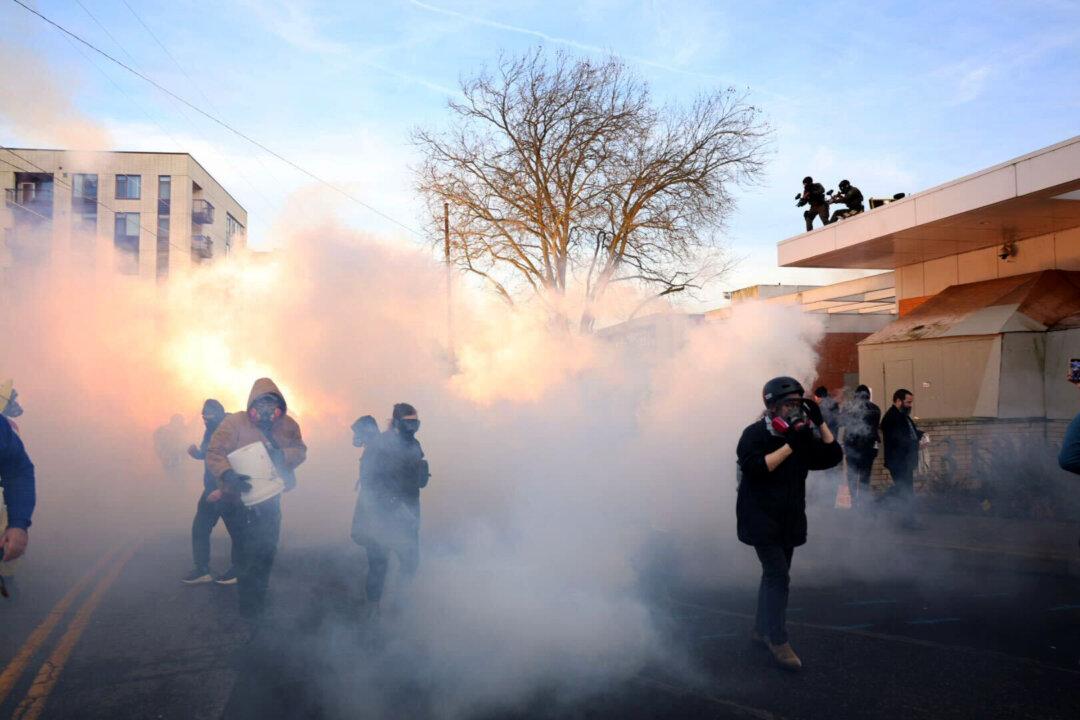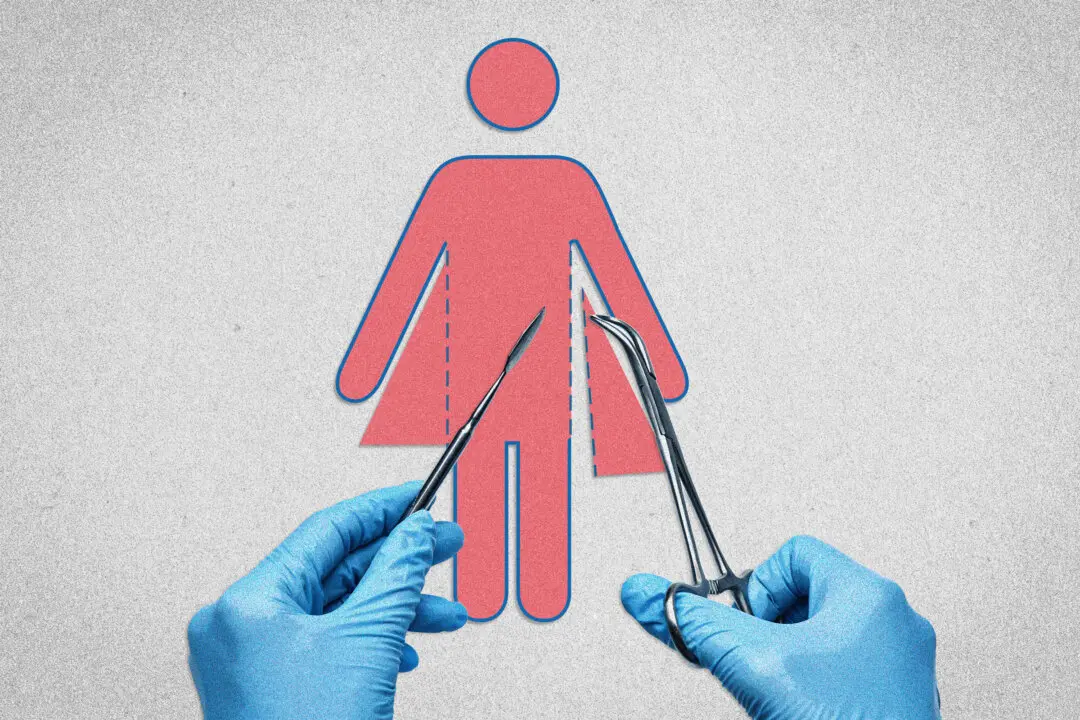The U.S. Senate passed a bipartisan bill hailed as the most significant federal gun control legislation in decades Thursday night, but what’s in it has Second Amendment advocates concerned.
With emotions running high after horrific mass shootings in Buffalo, New York, and Uvalde, Texas, school last month, Joe Biden and Democrats called for gun law reform, and a band of 10 Republicans answered.





